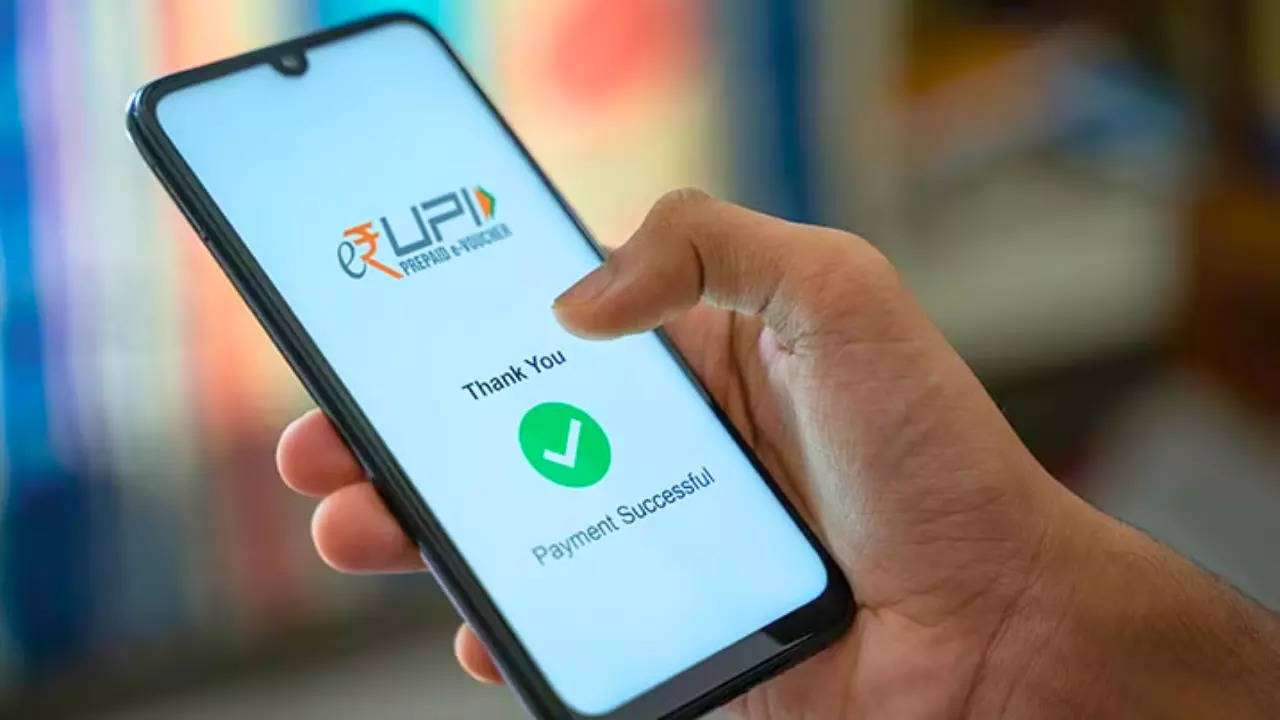In response to a series of disruptions and user complaints, the National Payments Corporation of India (NPCI) has officially rolled out a major upgrade to the Unified Payments Interface (UPI) system, with changes taking effect from August 1st. The move is aimed at improving stability, speed, and scalability of the digital payment infrastructure that has become the backbone of India’s fintech ecosystem.
Why the Upgrade Was Needed
Over the past few months, users and merchants across India reported frequent outages and failed transactions on UPI platforms, especially during peak hours and festival seasons. With over 10 billion transactions processed monthly, the UPI system has been under increasing stress.
The NPCI acknowledged performance bottlenecks and initiated technical changes to ensure higher reliability and system resilience.
Key Improvements in the UPI Upgrade
- Load Balancing Across Banks
Transactions will now be better distributed among bank servers to avoid bottlenecks on high-traffic platforms like PhonePe, Google Pay, and Paytm. - Reduced Transaction Failures
Enhanced APIs and failover mechanisms will lower the risk of timeouts and improve the success rate of transactions. - Real-Time Monitoring & Alerts
A new monitoring framework will allow instant tracking of network issues with faster response times from partner banks. - Extended Server Capacity
NPCI has expanded infrastructure capacity to support 15 billion+ monthly transactions as UPI adoption grows across sectors.
What Changes for Users on August 1st?
- Faster transaction confirmations, especially during peak hours
- Reduced wait times for failed or pending transactions
- Improved consistency in merchant QR code payments
- Better support for UPI Lite and UPI for feature phones (123PAY)
Users are not required to take any action — the changes will be implemented automatically across all major UPI apps and partner banks.
UPI’s Growing Role in India’s Economy
UPI has become the default mode of digital payment in India, supporting P2P transfers, merchant payments, recurring billing, and even IPO applications. As adoption spreads to rural areas and government services, the infrastructure demands have never been higher.
With this upgrade, NPCI is ensuring that UPI remains robust, secure, and future-ready as India pushes toward a cashless economy.


